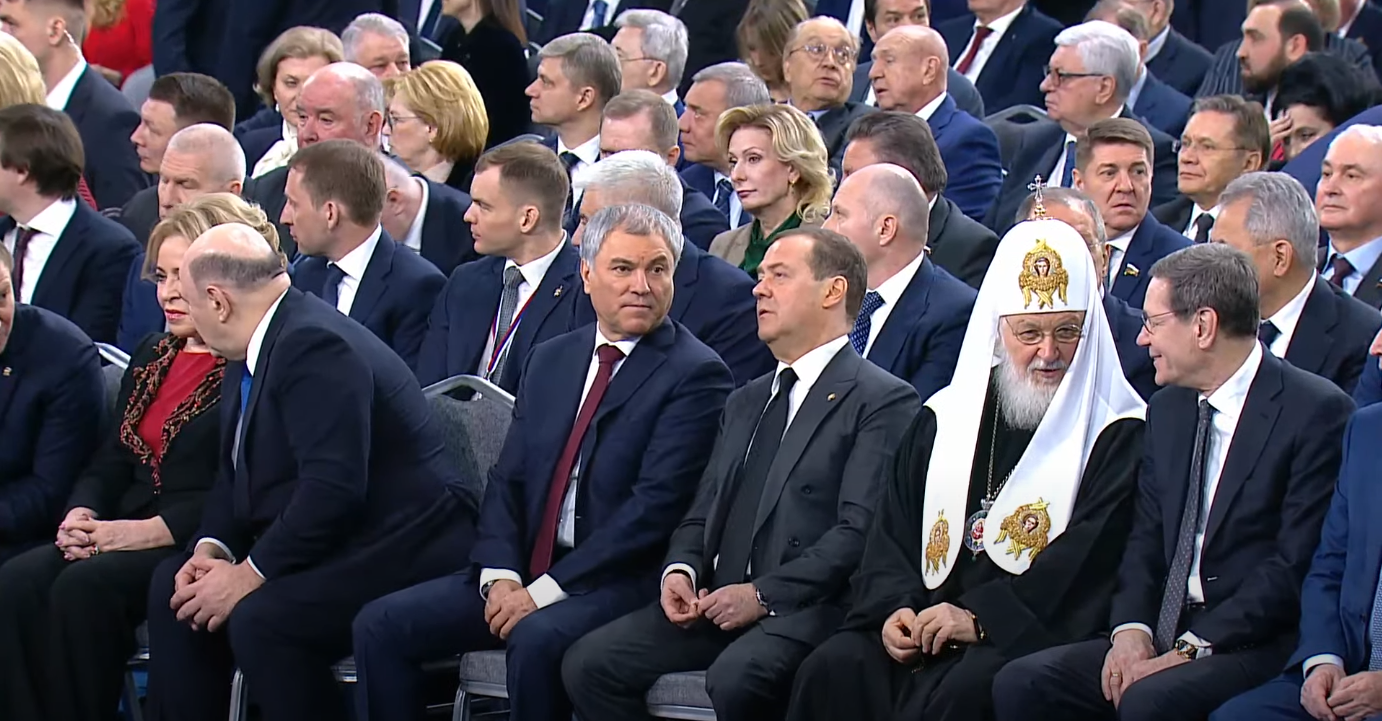“Mutiny on the ship”? The Russian elite is extremely unhappy with the next interest rate hike
19 December 2024 10:57
The head of the Russian Central Bank, Elvira Nabiullina, who has long been praised as the savior of the Russian economy under sanctions, is increasingly being attacked by Russian officials who claim that she is now destroying the economy with record high interest rates. This is stated in the material of Bloomberg, "Komersant Ukrainian" reports.
Nabiullina is facing growing criticism from Russia’s political and business elite ahead of the bank’s last rate-setting meeting of the year on Friday. Analysts predict that regulators may raise the key interest rate to 23-24% from the current 21% to tame persistently high inflation.
According to three people close to the Kremlin, bankers, business leaders and government officials are seizing every opportunity to complain to President Vladimir Putin about Nabiullina. Even Prime Minister Mikhail Mishustin has told Putin that the central bank’s actions are hampering the government’s efforts to support the sanctioned economy.
There is no indication that Putin is considering replacing Nabiullina, and he remains confident that she is making the necessary decisions to support the economy, according to three people close to the Kremlin.
Follow us on Telegram: the main news in a nutshell
Nabiullina has been locked in a standoff with powerful critics of her monetary policy after the central bank said it would raise borrowing costs to whatever level is needed to bring inflation back to its 4% target next year. Amid massive government spending on the military and protecting businesses from sanctions, the bank sharply raised the rate from 16% in July.
Annual inflation rose to 8.88% in November from 8.54% the previous month, according to the Federal Statistics Service.
Political attacks on the Central Bank Governor entered the public sphere on Wednesday when Sergei Mironov, leader of the socialist party Just Russia – Patriots – For Truth, accused the central bank of worsening inflation by raising the rate, publicly asking Nabiullina if she knew what she was doing.
Members of the Russian Union of Industrialists and Entrepreneurs claim that the current record rates are forcing them to postpone investment projects. Alexei Mordashov, the billionaire owner of the Severstal steel company, suggested starting a discussion about the “nature of inflation” and the impact of the central bank’s interest rate policy.
Herman Gref, the head of state-owned Sberbank, Russia’s largest lender, also weighed in, urging the central bank “not to overdo it” because of the risks of stagflation.
Follow us on Telegram: the main news in brief
Finance Minister Anton Siluanov, who has long been Nabiullina’s ally in aligning fiscal policy with monetary action during the war, also distanced himself. According to him, the ministry is focused on financing “any needs to ensure success at the front.”
Sergei Chemezov, head of the state-owned Rostec defense industry conglomerate, complained in October that the high cost of money could force a halt to exports and risk driving almost most defense companies into bankruptcy. Igor Sechin, chairman of Rosneft, Russia’s largest oil company, warned last month that the rate hike is affecting the modernization of refineries.
Russia’s richest man, Vladimir Potanin, is one of the few people willing to publicly defend Nabiullina. He said that although high interest rates are uncomfortable, business must “be patient.”
According to Oleg Vyugin, a former senior official at the Bank of Russia, the central bank has been targeted because it is forbidden to blame the war for the country’s economic difficulties. Even if the war is putting pressure on Russia’s overheated economy, neither Nabiullina nor her opponents can risk pointing this out for fear of being accused of criticizing Putin.
Putin has not yet taken sides as the economic pain grows. At the annual investment forum “Russia Calling!” in Moscow, he acknowledged that there are critics of the central bank’s rate hikes and said the situation requires “cooperation and interaction” between the government and the regulator.
Follow us on Telegram: main news in brief









